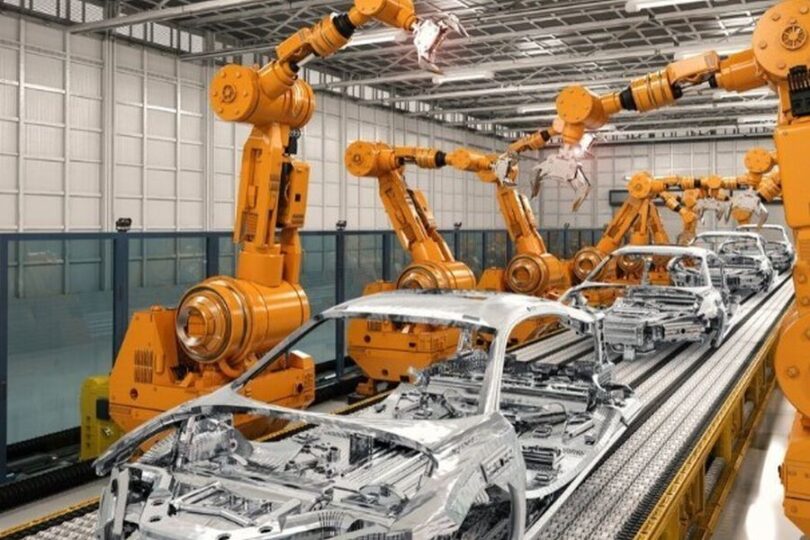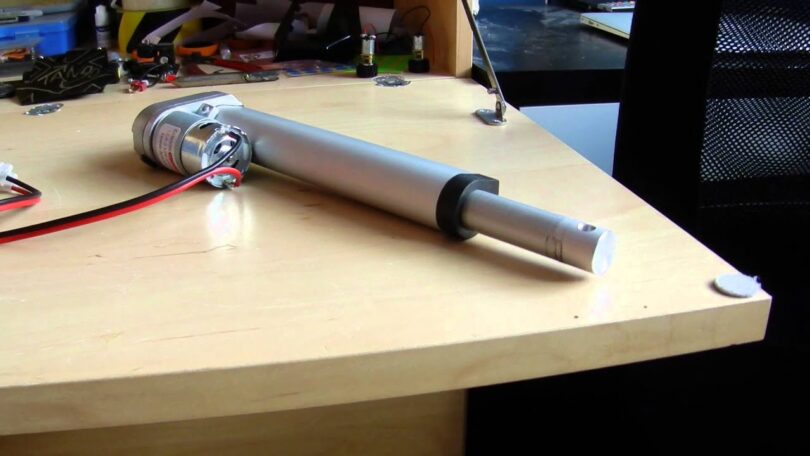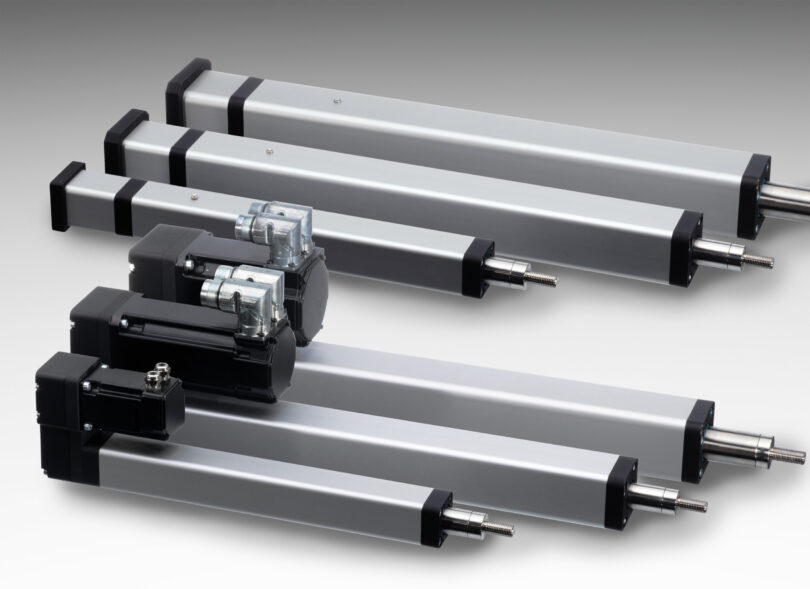Do you sometimes wonder what makes the latest cars seem more improved than older models? Nowadays, cars are advancing faster than ever before with various improvements being made in the area of power, movement, and design.
Looking into all these, you will discover that the source is from the components. Adding linear actuators into car components contributes to the astonishing revolutionization of cars. To buttress this point, we’ll explain how linear actuators are responsible for the recent improvement in car design.
Why are Linear Actuators Used In the Automobile Industry

Manufacturers rely on linear actuators for many reasons. For one, they play an essential role in the adjustment and control of vehicles. They also help to automate mechanisms and actions to streamline activities which are critical in the automobile industry.
Provides outstanding driving experience
Using linear actuators in intelligent control systems is superb. For one, it allows drivers to monitor and control all systems.
Flexible, robust, reliable, and durable
Linear actuators are flexible enough to fit into any vehicle. In addition, they can withstand any weather conditions making them ideal for long-term use.
Easy installation
Installing linear actuators is hassle-free. It doesn’t require any pumps, hoses, or compressors. Besides, it does not need frequent maintenance.
More Safe, Sustainable and Economical
Furthermore, linear actuators have played a crucial role in enhancing safety features in modern cars. They are employed in vital components such as door locks and latches, ensuring secure closure and preventing accidental openings while the vehicle is in motion. By providing reliable and precise control over these mechanisms, linear actuators contribute to the overall safety of both the driver and passengers.
Another significant advantage of linear actuators is their contribution to energy efficiency. By optimizing various vehicle functions, such as aerodynamics, cooling systems, and air intake, these actuators assist in reducing fuel consumption and emissions. For instance, they can regulate the opening and closing of cooling vents or control the position of air flaps, ensuring efficient airflow management and improving the vehicle’s overall energy efficiency.
How Linear Actuators Improve Car Design

Linear actuators are majorly found in various vehicle components where performance improvements are required. We have listed some below.
1. Engine
As the heart of every vehicle, the engine performs better with the presence of linear actuators. Linear actuators are responsible for the engine’s power take-off operations. Additionally, they’re responsible for idle control, and controlling air flaps for power optimization. As such, the performance of a car engine is significantly improved.
2. The Interior
Linear actuators are used in seat components and steering wheel regulation. An example is in headrest adjustment to ensure drivers can travel comfortably and adjust with ease. Speaking of comfort, linear actuators can also activate air cushions beneath the seat surface. This gives a car’s occupants a more comfortable ride during long drives.
3. The Exterior
Linear actuators offer many ways to upgrade a car’s exterior. It can serve many purposes, like the headlights mechanism that lets you adjust the height or activate cleaning.
Conclusion
Linear actuators have significantly improved car design concerning overall performance. They’re designed to optimize the performance of the engine. They also contribute to the features of the interior and exterior of vehicles.
Besides, manufacturers are benefiting from this type of actuator in various ways. For example, they improve the driving experience for customers. They’re also easy to install. Similarly, they offer durability.
